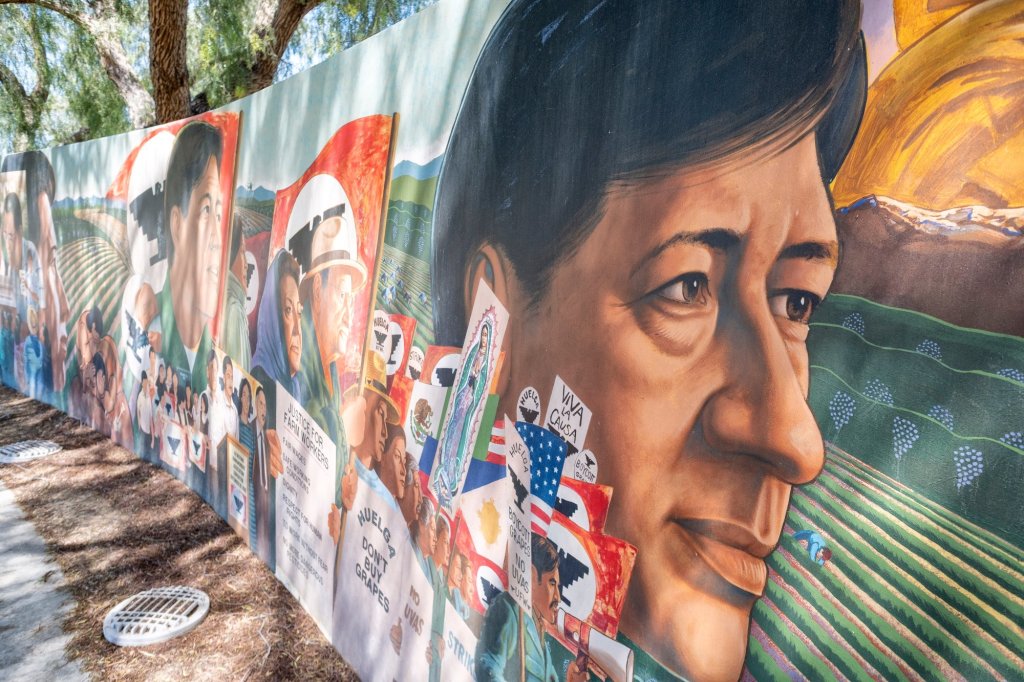
In the story California progressives like to tell, Cesar Chavez was a champion for farmworkers and for unionization and should be revered for and spoken about purely along those lines. But of course, there’s more to the man than that, including things which cut against his status as a progressive icon.
On Friday, the California Assembly considered HR 23 to commemorate Cesar Chavez Day on March 31. The text of the resolution included the usual glowing appraisal of his legacy and activism.
But then rose Republican Assemblyman Carl DeMaio of San Diego, who filled in some other reasons for honoring Chavez.
“During his life, Cesar Chavez spoke out against illegal immigration while affirming legal immigration,” DeMaio said. “He was a strong voice for the Latino community and Latino workers in our country while also holding concerns and opposing illegal immigration. And so I am so thrilled to see my Democratic colleagues rise in support of a civil rights leader, an advocate for the Latino community, farm workers, and someone who is one of the earliest voices opposing illegal immigration and supporting, supporting a secure southern border. I ask for an aye vote on HR 23.”
This assessment spurred Democratic Assemblyman Corey Jackson of Riverside County to have an outburst on the Assembly floor. Jackson yelled, “It’s time for you to stop being so disrespectful. That’s very disrespectful to the heroes of our community.” This prompted fellow Assembly Democrat Celeste Rodriguez, who was overseeing things, to instruct Jackson to return to his seat. Fellow lawmakers had to get in between Jackson and DeMaio, with Jackson continuing to yell, “You should be disgusted with yourself.”
What Jackson was experiencing may have been cognitive dissonance. After all, what Democrats want to honor Chavez for is only a limited set of things he did and believed. But DeMaio said nothing wrong.
Indeed, one can find no shortage of interviews of Chavez, in his own words, assailing the use of illegal immigrant labor, which he saw as a threat to organized workers and legal residents. This included his use of an ethnic slur against Mexican illegal immigrants and description of them as “illegals.”
“There’s an awful lot of illegals coming in,” he said in one interview. “They’re coming in by the thousands, it’s just unbelievable. See, they’re coming in with the consent of the immigration service.”
Indeed, in 1969 Chavez joined a protest to the U.S.-Mexico border against illegal immigration, alongside figures like Sen. Walter Mondale and Ralph Abernathy.
It doesn’t take much to understand Chavez in context or to understand that not everyone can be reduced to simplistic depictions. Independent of their merits, there have long been left-wing criticisms of illegal immigration as exploitative and anti-worker. But these sorts of complexities are beyond modern discourse, which relies on caricature and ignoring the inconvenient.



